[OmniFaces utilities] The
getMessageBundle() method returns the application message bundle as identified by <message-bundle> in faces-config.xml. The instance is already localized via Faces#getLocale(). If there is no <message-bundle>, then this method just returns null.Method:
See also: Faces#getContext()
Usage:
This method
is a shortcut for Application#getMessageBundle(). For example, you can use
it as quick solution for programmatically choose the proper custom warning/error
message depending on current locale. Suppose that you have the following message
bundle configuration in faces-config.xml (override JSF default
warning/error messages which is been used by the JSF validation/conversion and
provide three supported locales):
<application>
<locale-config>
<default-locale>fr</default-locale>
<supported-locale>fr</supported-locale>
<supported-locale>en</supported-locale>
<supported-locale>de</supported-locale>
</locale-config>
<message-bundle>com.example.i18n.Messages</message-bundle>
</application>
Write the Messages_xx.properties
(or, you can use Messages_xx_XX.properties) in com.example.i18n
package with the following entry which overrides the default required="true"
message:
PlayerMessages_en.properties
javax.faces.component.UIInput.REQUIRED
= {0}: Please enter value
PlayerMessages_fr.properties
javax.faces.component.UIInput.REQUIRED
= {0}: Se il vous plaît entrer une valeur
PlayerMessages_de.properties
javax.faces.component.UIInput.REQUIRED
= {0}: Bitte geben Sie einen Wert
Further, we
set the locale as fr via <f:view>, or programmatically, via Faces#setLocale().
<f:view
locale="fr">...<f:view/>
or,
import
org.omnifaces.util.Faces;
...
Locale
frlocale = new Locale("fr");
Faces.setLocale(frlocale);
Now, when a
input is required, but no value was provided, JSF will render the below
message:
xxx: Se il
vous plaît entrer une valeur
Whenever you
need to programmatically access this message bundle, you can simply do this:
import
org.omnifaces.util.Faces;
...
ResourceBundle rb =
Faces.getMessageBundle();
// do
something with rb.getString("javax.faces.component.UIInput.REQUIRED");
which returns {0}: Se il vous plaît entrer une valeur









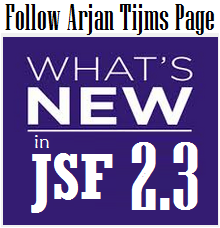

 Arrays
Arrays Converters
Converters
 JSF 2 Tutorials at www.mkyong.com
JSF 2 Tutorials at www.mkyong.com  JavaServer Faces (JSF) Tutorial
JavaServer Faces (JSF) Tutorial 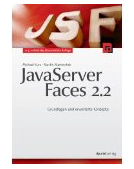
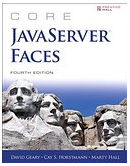
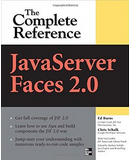
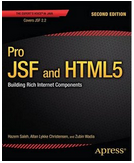
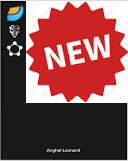









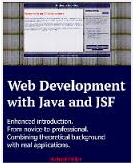
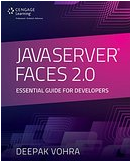

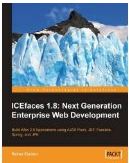




Niciun comentariu :
Trimiteți un comentariu